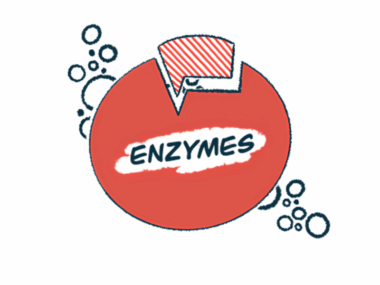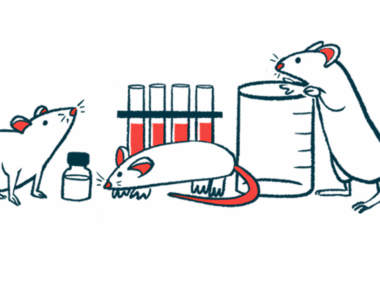Merck, GTRI partner on gene therapy for Parkinson’s disease
Memorandum of understanding covers viral vector-based gene therapies
Written by |

Merck‘s U.S. and Canada life sciences business, MilliporeSigma, signed a memorandum of understanding with Gene Therapy Research Institution (GTRI), a Japanese clinical-stage biotech company, to accelerate the development of a viral vector-based gene therapy for Parkinson’s disease.
Under the terms of the non-binding agreement, which symbolizes the parties’ intent to engage in a formal legal arrangement, GTRI will use Merck’s Sf-RVN Insect Cell Line platform for the production of its viral vector-based gene therapy for Parkinson’s.
“Our biggest challenge is developing robust and safe manufacturing processes for viral vectors used to introduce DNA into patients, especially on a large scale,” Katsuhito Asai, GTRI’s CEO, said in a press release. “Producing viral vectors is much more complex and larger in scale than making typical antibody drugs. Our partnership with Merck will optimize this process and help bring therapies to market faster.”
Parkinson’s motor symptoms are caused by the dysfunction and death of dopaminergic neurons, nerve cells that produce dopamine, a major brain chemical messenger. These neurons are primarily found in the nigrostriatal pathway, which includes the substantia nigra and the putamen, brain regions involved in motor control.
GTRI is developing a gene therapy that aims to restore dopamine production in the neurons that remain in the putamen. This approach uses a harmless adeno-associated virus (AAV) vector to deliver the gene encoding aromatic L-amino acid decarboxylase (AADC), an enzyme essential for dopamine synthesis.
AAV vector shows promise in small trial
GTRI says that in a small clinical trial performed in 2007 in Japan, the delivery of an AAV vector expressing AADC to the putamen was safe and led to the easing of patients’ motor symptoms after six months. Imaging analysis revealed continuous AADC expression at the injection site, even five years after the procedure, according to the company.
The new collaboration will allow GTRI to build a robust AAV production platform to scale up production, with Merck providing technical support, training, and process optimization at its M Lab Collaboration Center in Tokyo.
“With our broad portfolio of products and services, we can better equip and support GTRI in accelerating process development and manufacturing of viral vector-based gene therapy,” said Isao Hatano, head of process solutions at Merck’s life sciences business in Japan. “We believe this collaboration will ultimately help save many patients suffering from serious diseases.”



